
Fred Batchelor, a liver cancer survivor, shares lessons on advocacy and why World Cancer Day keeps patients, families and their communities engaged.

Fred Batchelor, a liver cancer survivor, shares lessons on advocacy and why World Cancer Day keeps patients, families and their communities engaged.

In honor of World Cancer Day, CURE sat down with experts and advocates to discuss the importance of this initiative.

As patients with advanced cancer near the end of life, reducing unnecessary medications may help prioritize comfort, quality of life and symptom relief.

If you are reading this, you, your family or loved one have most likely been affected by cancer.
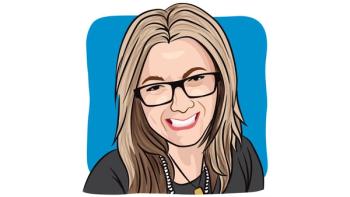
I’ve learned that social media can unite people at hereditary cancer risk but often leaves diverse voices out, so real change means every story is seen and valued.
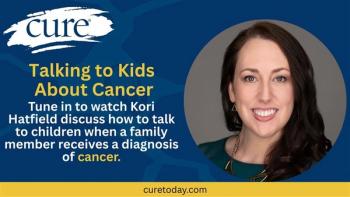
When a family member receives a diagnosis, it can present emotional challenges for children.
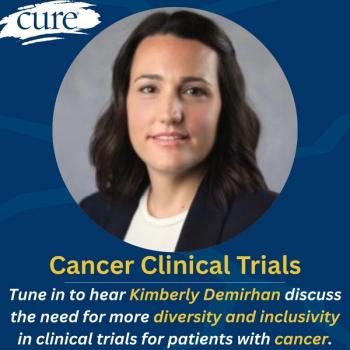
Kimberly (Cary) Demirhan discusses the need for more diversity and inclusivity in clinical trials for patients with cancer.
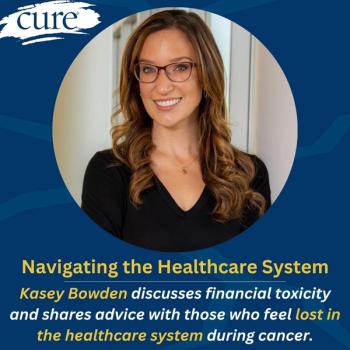
Kasey Bowden highlights the importance of recognizing financial toxicity and shares advice with those who feel lost in the healthcare system during cancer.
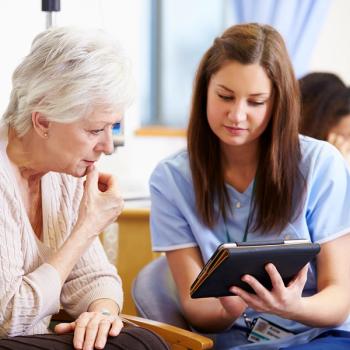
BMT-CARE app boosted quality of life, lowered depression and PTSD symptoms, and improved coping mechanisms for caregivers of stem cell transplant patients.

A resilience program for young people with advanced cancer helped patients cope early on and led to a better quality of life after 6 to 12 months.
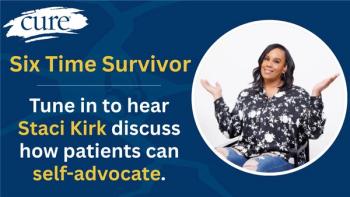
Six-time cancer survivor Staci Kirk urges patients to trust their bodies and speak up to ensure their needs are understood and addressed throughout cancer care.
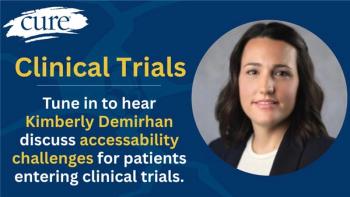
Clinical trials should be designed to ease travel and financial burdens by using local care, telehealth and remote tools, Kimberly Demirhan explained.
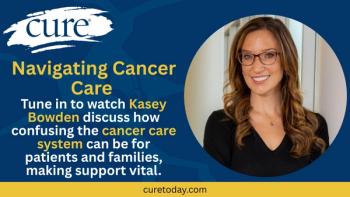
Kasey Bowden discussed how confusing the cancer care system can be for patients and families, therefore, having a reliable support structure is vital.
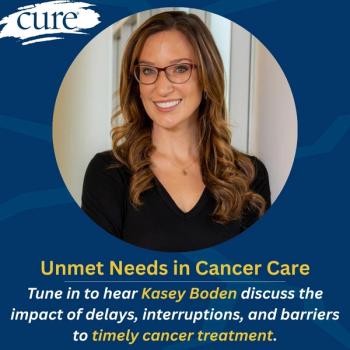
The CARE Clinic at University of Colorado Hospital was developed to close treatment gaps caused by disparities in cancer care, as explained by Kasey Bowden.
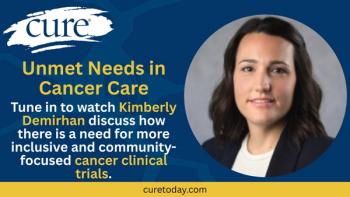
There is an urgent need for more inclusive and community-focused cancer clinical trials, according to Kimberly (Cary) Demirhan.
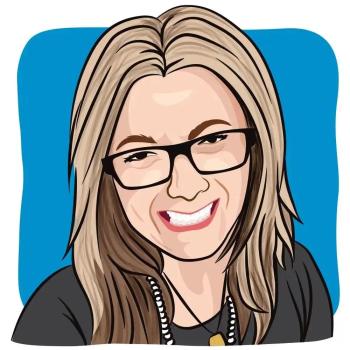
Living with Lynch syndrome, nature’s quiet resilience teaches me to accept change, find calm, and stay rooted through life’s unexpected twists and storms.
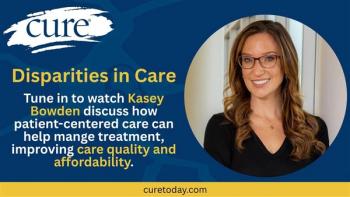
Disparities in cancer care can often lead to delays, disruptions, and barriers to timely treatment, leading to an unmet need in the community treatment space.
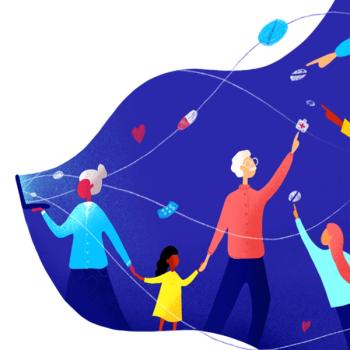
Billions of dollars of cancer meds go to waste each year while many patients struggle to afford treatment; donating surplus medicine helps bridge this gap.
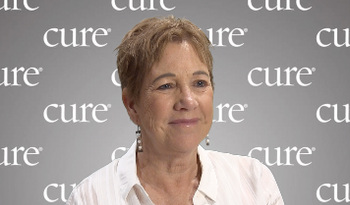
Registered nurse Patricia Jakel emphasizes the importance of educating patients on evolving breast cancer research and the need for routine screenings.
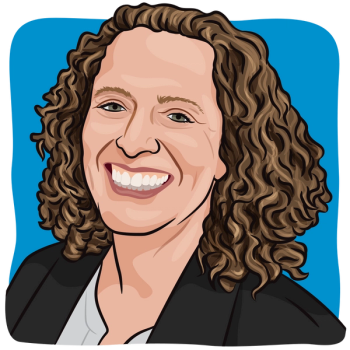
As a cancer survivor, I face added stress with an upcoming black belt test and "scanxiety" before my annual CT scan and oncology appointment.
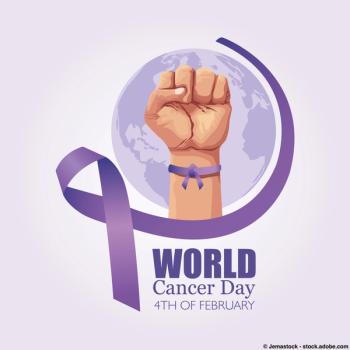
Dr. John Oertle discussed the significance of World Cancer Day, raising awareness about cancer care advancements and improving patient outcomes.
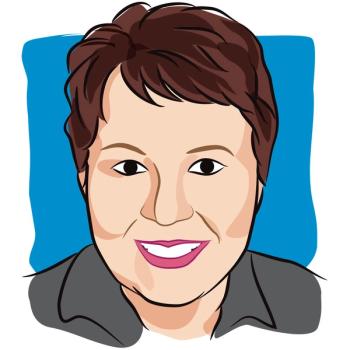
Breast cancer affected my looks and self-esteem, but I found small things could make a big difference in feeling pretty again.
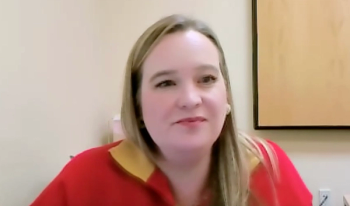
Dr. Anna Arthur discusses the NOURISH trial, which aims to address food insecurity and malnutrition in patients with blood cancers undergoing treatment.
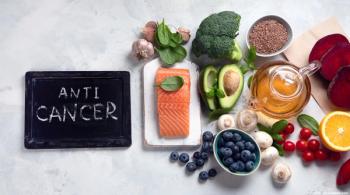
Dr. Anna Arthur discusses how the NOURISH trial is addressing food insecurity and malnutrition in patients undergoing treatment for their blood cancers.
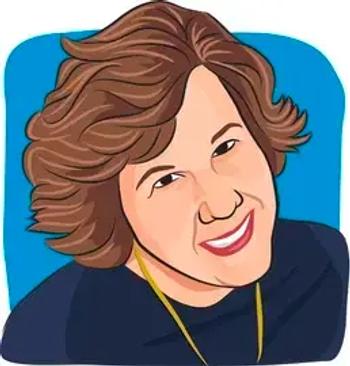
Despite the initial shock and challenges, I found strength and support within the community of single parents.

I've learned that cooking for friends during their cancer journey is a way to express love and support, even if it doesn't cure them.
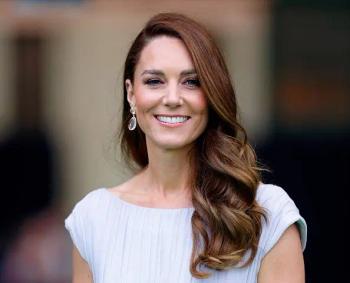
CURE® spoke with experts about what life is like for patients with cancer when their disease is in remission.

My New Year's resolutions have evolved from seeking external goals to embracing personal growth and appreciating each day.
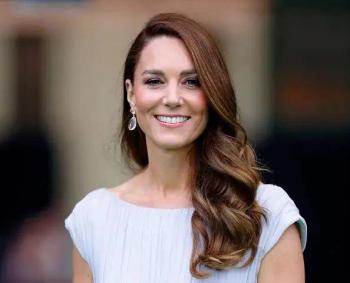
An expert spoke with CURE® about the emotional bonds that can develop while treating patients with cancer.
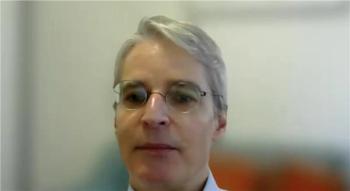
CURE spoke with an expert about how psychedelics such as psilocybin may impact patients’ mental health.